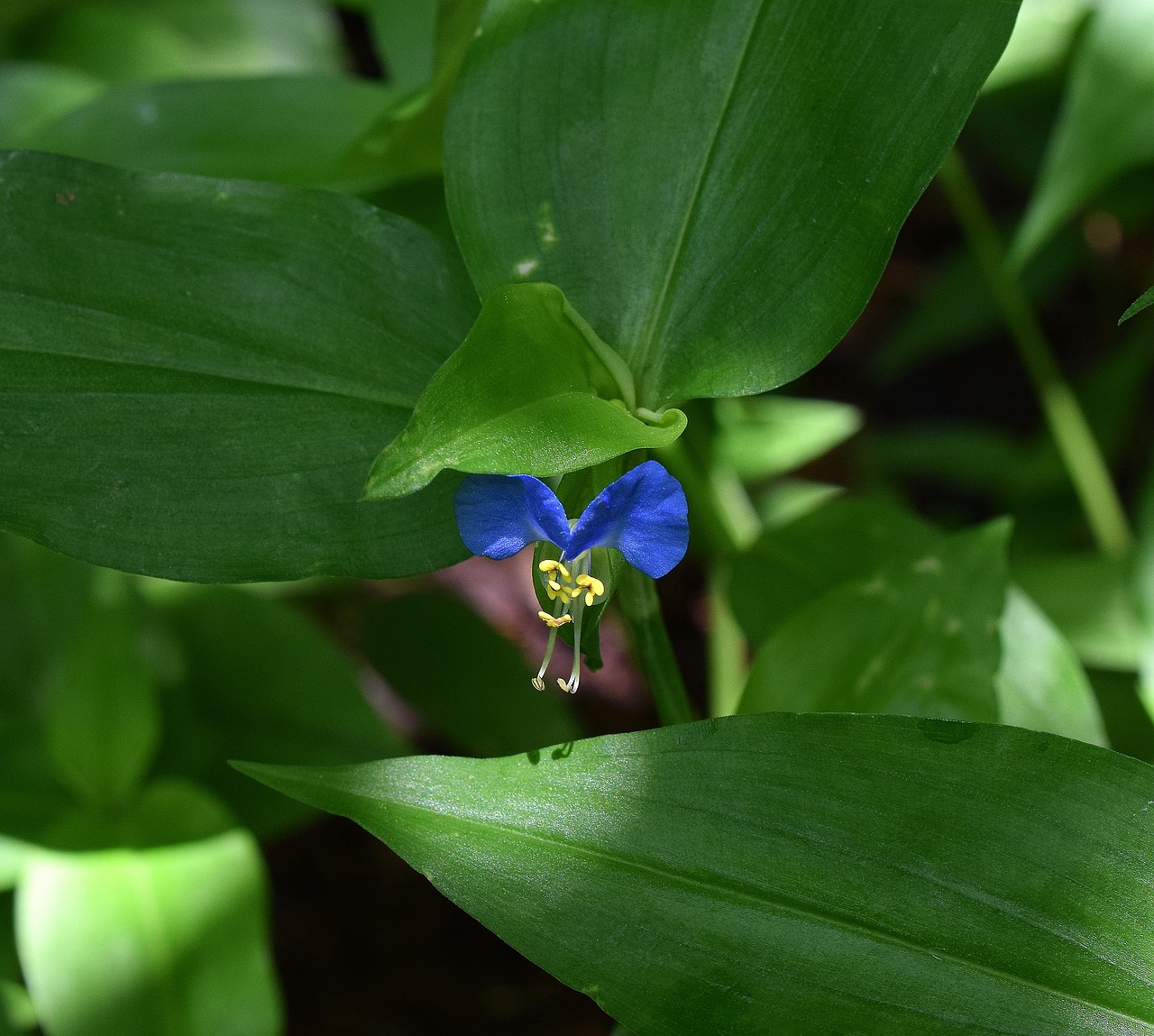
See strategies for managing herbicide tolerance in citrus from the experts at UF/IFAS in a Tip of the Week.
A UF/IFAS Tip of the Week article maintained that “Tackling herbicide tolerance in weeds is a critical aspect of effective weed control in citrus groves. It helps prevent both current and future weed management challenges.” The article defined herbicide tolerance as “when certain weed species naturally survive and reproduce after herbicide treatment. Unlike herbicide resistance, where genetic changes allow weeds to survive and spread, herbicide tolerance doesn’t involve any genetic alterations. In simple terms, these weeds are inherently less susceptible to specific herbicides or herbicide groups.” It shared strategies for managing herbicide tolerance in citrus. See the details below.
Management Strategies for Herbicide Tolerance in Citrus
The article shared these tips for managing herbicide tolerance in citrus:
Assess. “If only one weed species appears to be tolerant, check if the other weeds listed on the herbicide label are still being effectively controlled. This can help you determine whether the issue is specific to that weed or if the herbicide is losing its overall effectiveness…f several weed species have survived the herbicide application, it’s important to consider other factors that could be influencing control. Herbicide tolerance may not be the sole cause. Issues like weather conditions or application errors could also be contributing.”
“Avoid under-dosing herbicides: Under-dosing can lead to incomplete weed control, allowing weeds to survive and possibly develop tolerance to the herbicide”
“Avoid repeated use of the same herbicide: Continuously using the same herbicide or herbicides from the same mode of action (MOA) group can encourage herbicide tolerance over time. Rotating herbicides with different MOAs helps prevent weeds from adapting to a single herbicide, reducing the chance of tolerance developing.”
“Use tank mixes: Combining herbicides with different MOAs can improve weed control effectiveness and lower the likelihood of weeds surviving and reproducing.”
“Use the right adjuvants: For weeds that are tolerant, use the adjuvants recommended on the herbicide label, such as surfactants, to boost the chance of effective control.”
“Apply herbicides at the right time: Timing is crucial when applying post-emergent herbicides. Targeting weeds at the correct growth stage ensures maximum effectiveness and reduces the risk of tolerance.”
“Maintain your pre-emergent herbicide program: Regular use of pre-emergent herbicides can help prevent weed seeds from germinating, reducing the risk of herbicide tolerance issues…”
“Promote vegetation diversity in your groves: Encouraging a variety of vegetation species in your groves can prevent any one weed species from dominating and becoming tolerant. Practices like planting cover crops can help maintain a healthy soil ecosystem, reduce weed pressure and improve vegetation diversity in citrus groves.”
Griffin Fertilizer is committed to helping both growers and ranchers make sound agronomic and economic decisions in order to maximize the health of their grove and pasture. As a full-service custom dry & liquid fertilizer blender and crop protection product distributor, we will continue our mission to further advance Florida agriculture. For questions -or concerns about your farm or pasture, contact us and one of our team will be in touch.